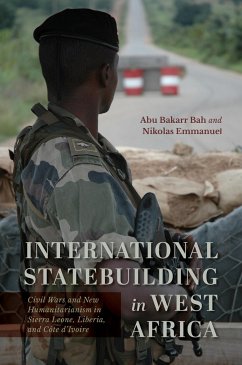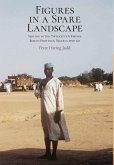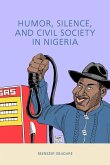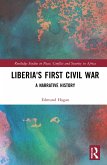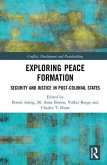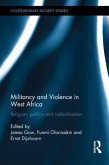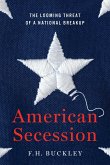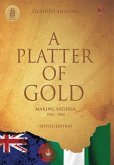"At the turn of the twenty-first century, manipulation of the democratic process coupled with preexisting political and economic grievances led to years-long civil wars in Sierra Leone, Liberia, and Cãote d'Ivoire. During and after these conflicts, international peacekeeping efforts and humanitarian intervention became the dominant paths for restoring stability by rebuilding the state. Using these three countries as case studies, this manuscript sheds light on internationally driven state building in war-torn West African nations, the problematic nature of the postcolonial state, and the difficulties of securing its people's wellbeing. Connecting peace and conflict, democracy, and international development studies, Bah and Emmanuel argue that there is a clear nexus between the concepts and practices of peace building and statebuilding; that peace building and statebuilding are not domestic matters alone but also matters of global intervention; and that civil wars can be viewed as opportunities for state building through creative postwar partnerships and organization. This study goes beyond the familiar concepts of failed states, R2P, peacekeeping, and peace mediation and introduces and enhances the concepts of state decay, new humanitarianism, people-centered liberalism, and institutional design. In doing so, it provides critical lessons that local and international actors can draw on as they try to figure out practical solutions to the political, economic, and social problems that impede the development of peaceful and democratic multiethnic postcolonial states in Africa and beyond. Applying comparative-historical methods and theory to archival materials and expert interviews, International Statebuilding in West Africa seeks to shift the discourse on civil wars from their causes and implications to the opportunities they provide to rework failed states-and to shift the discourse on African states from their colonial and neocolonial legacies to their shared moral and security interests with the rest of the world"--

